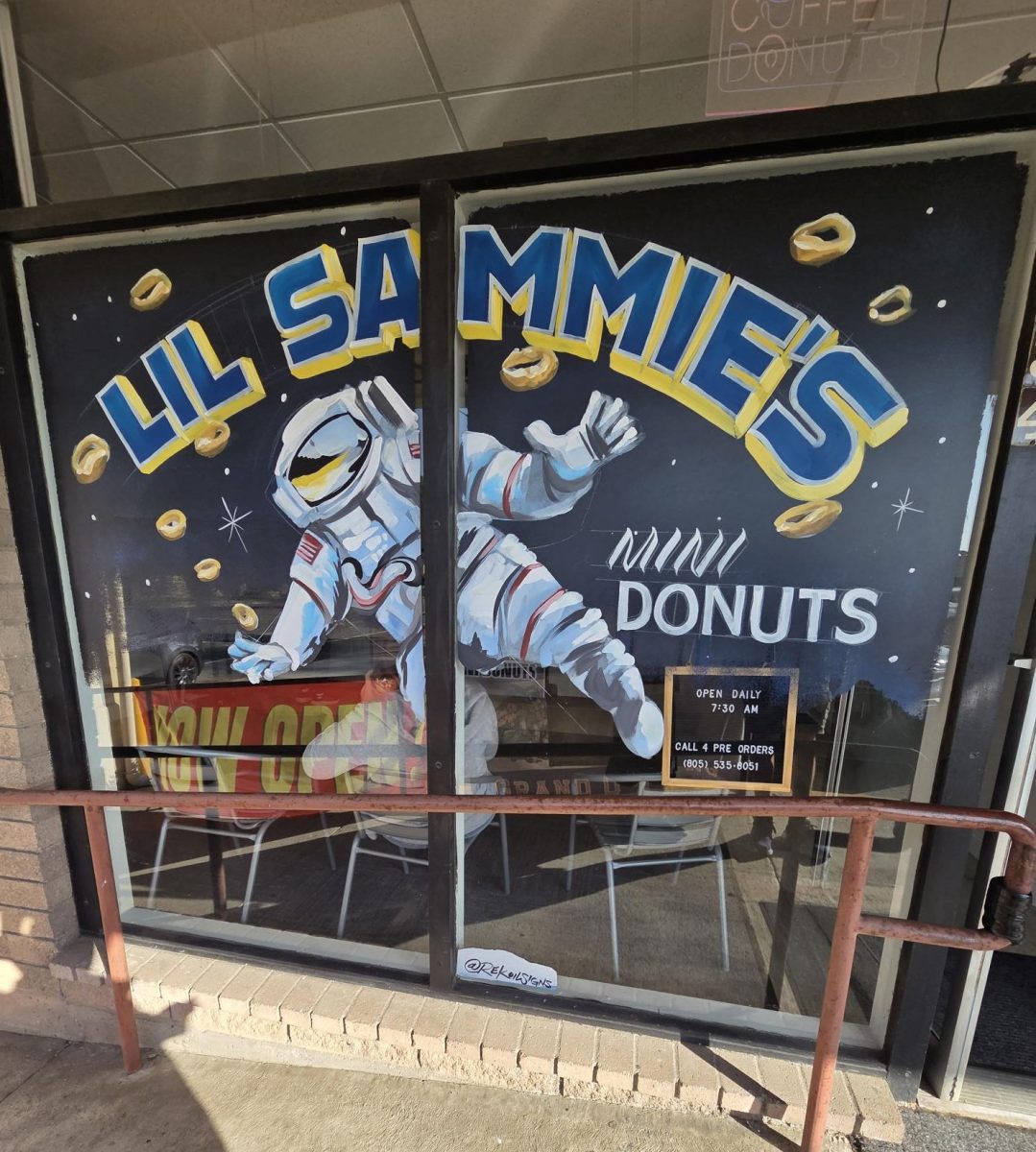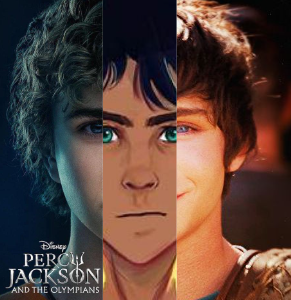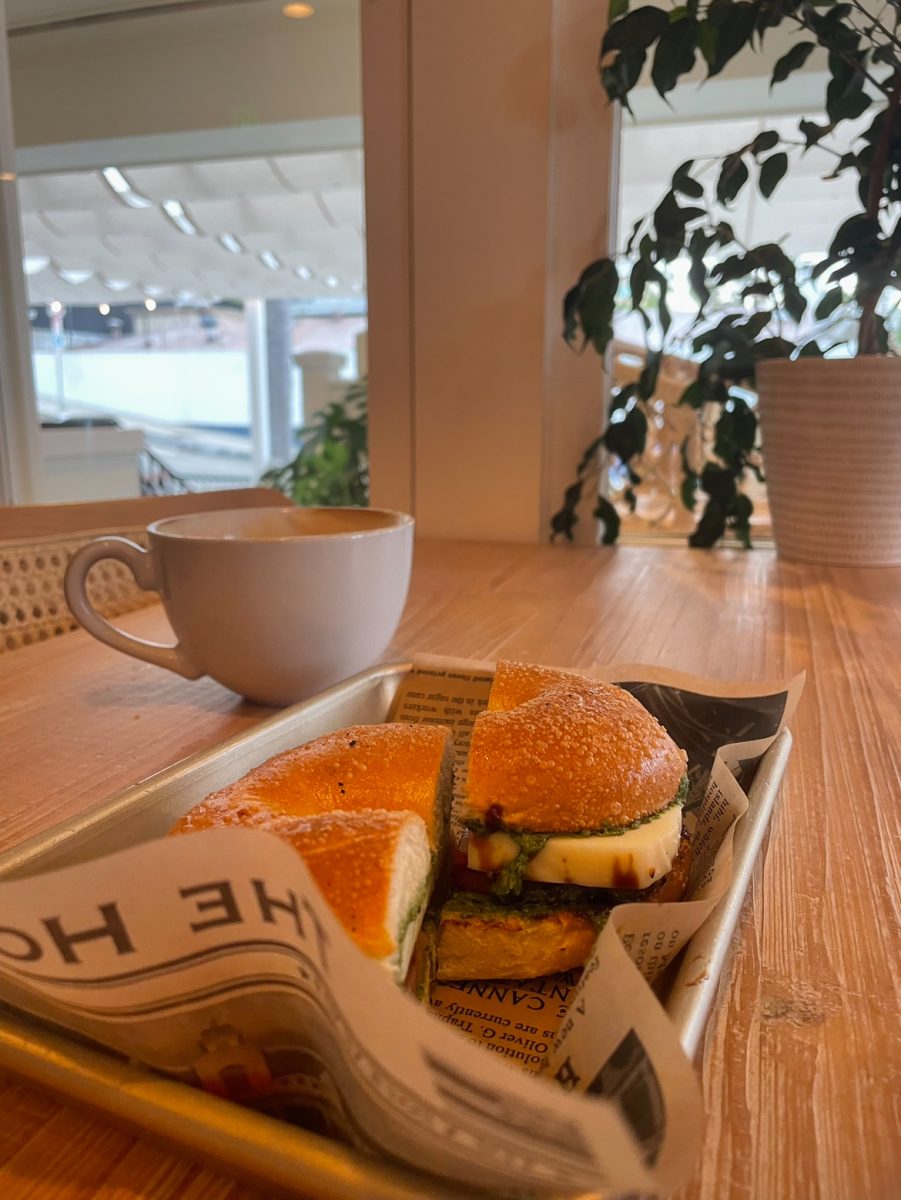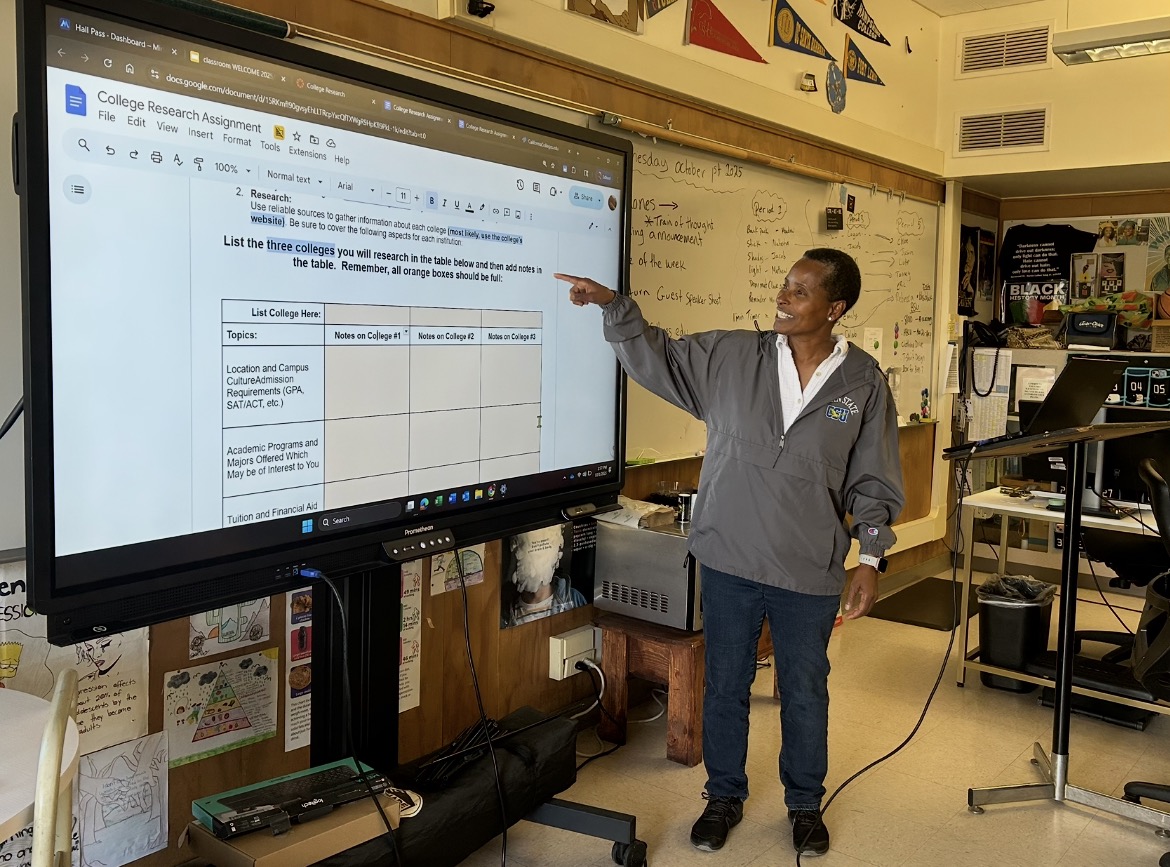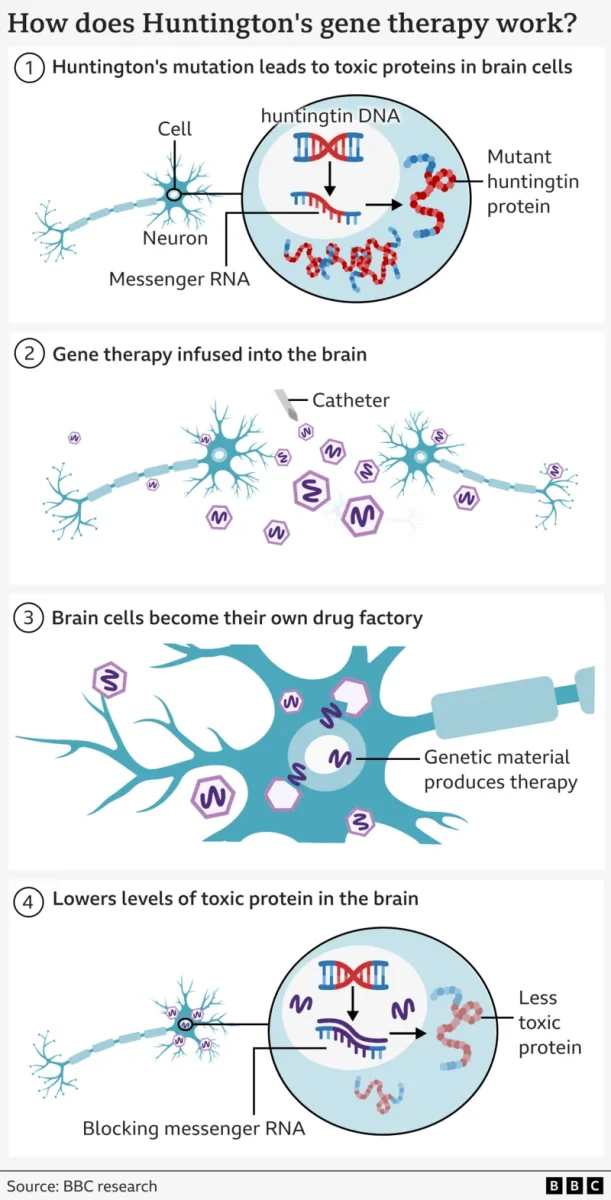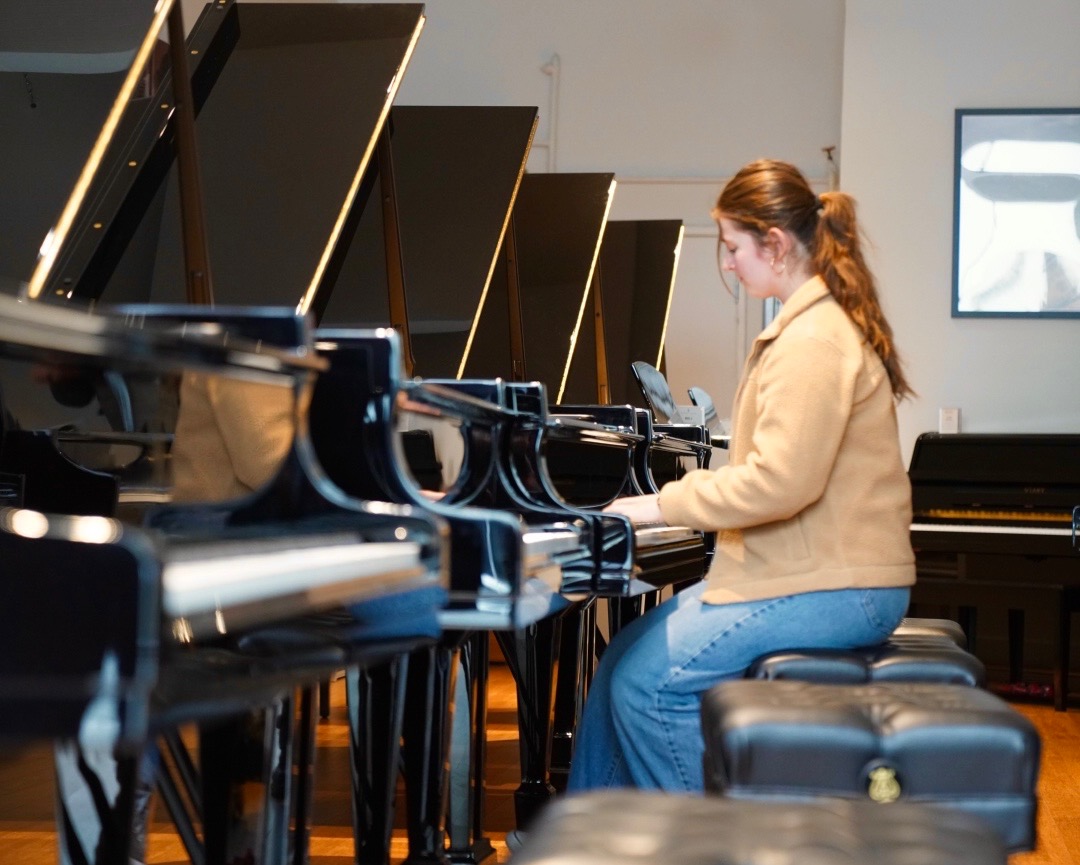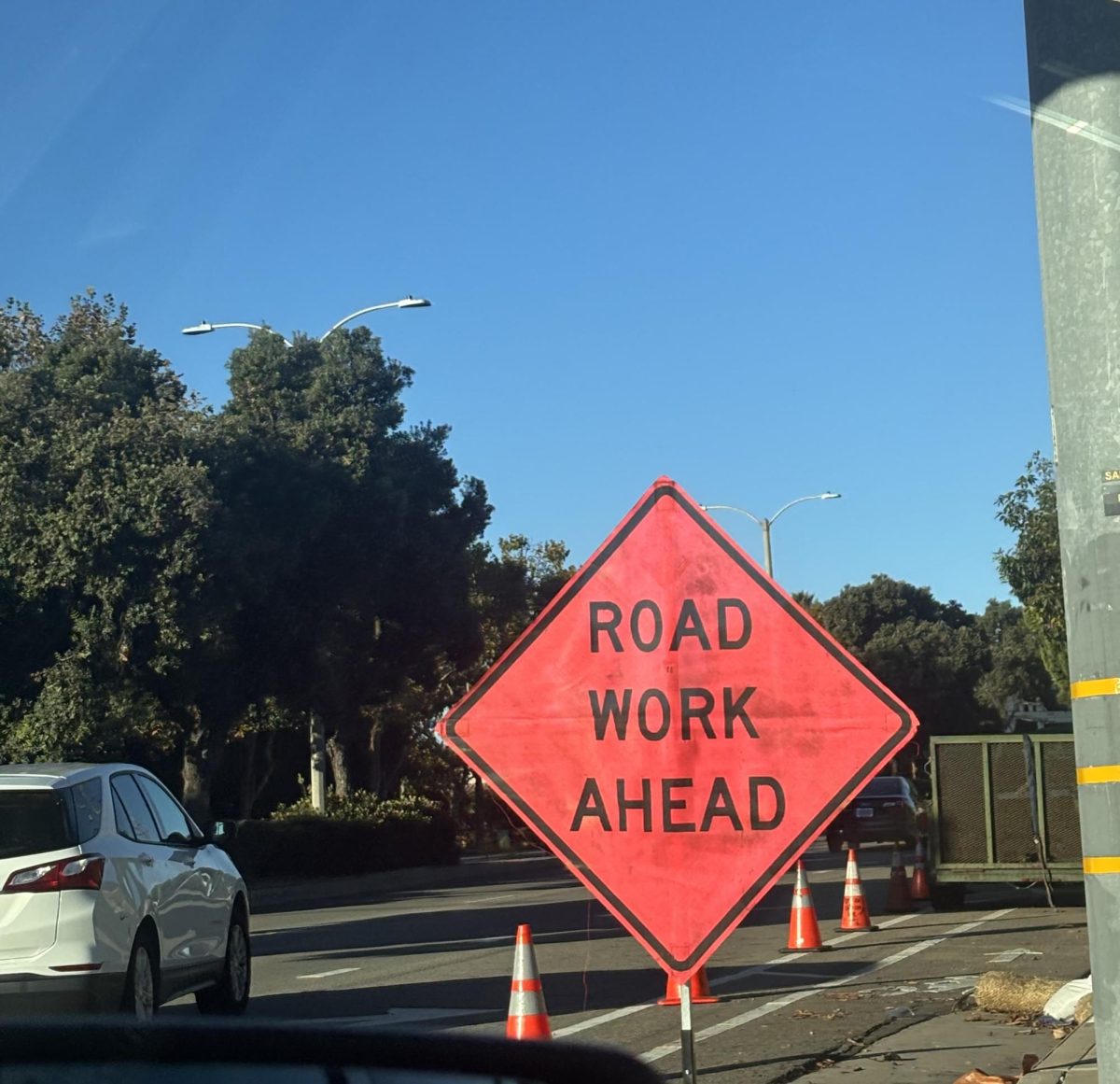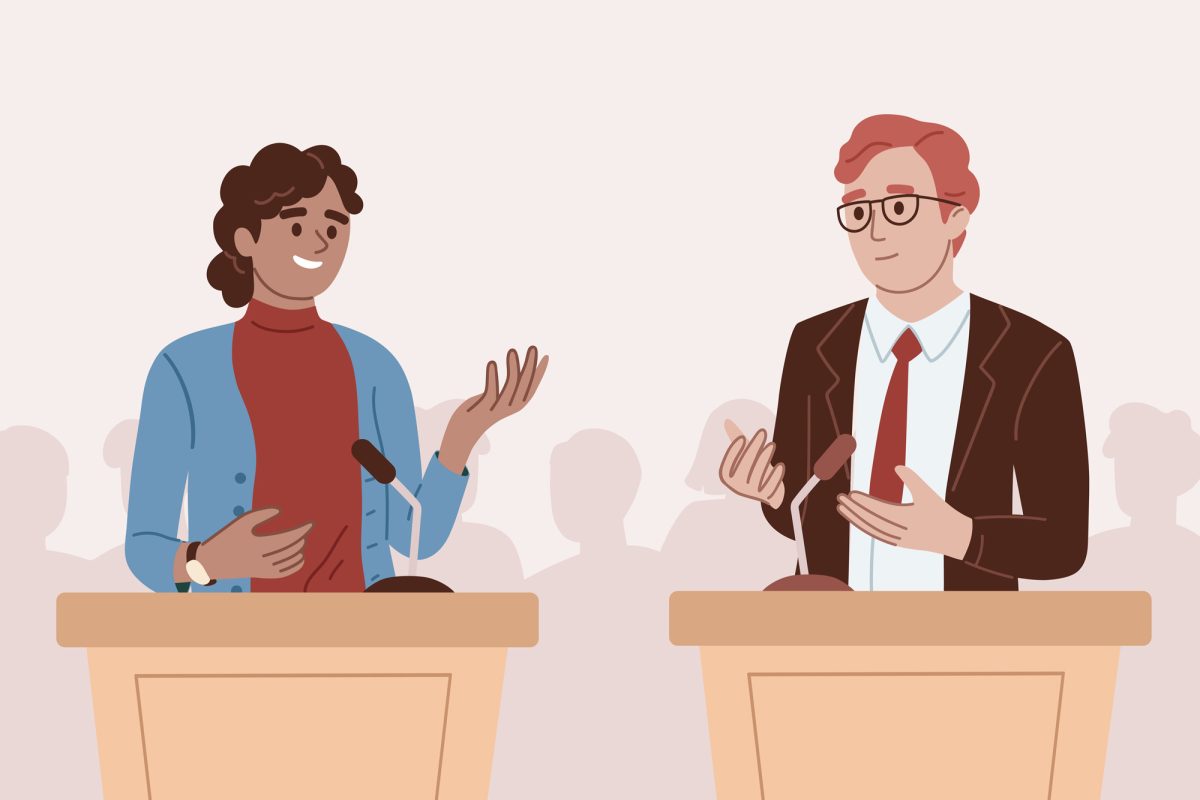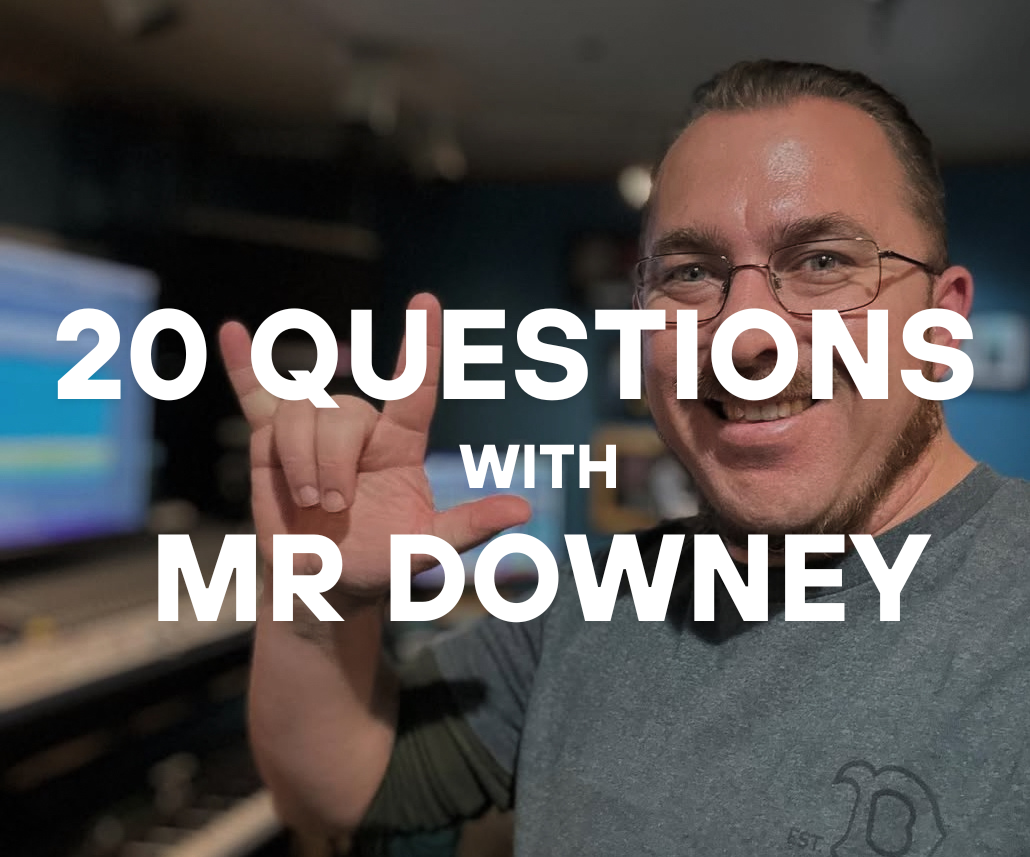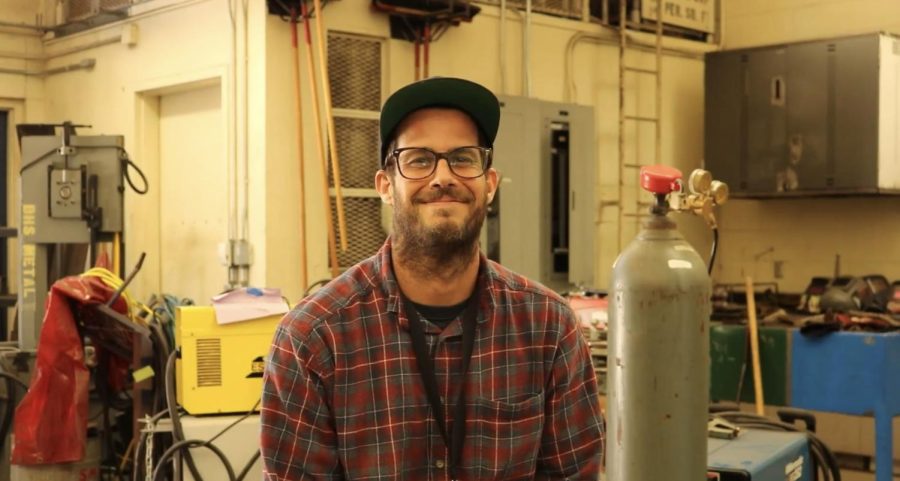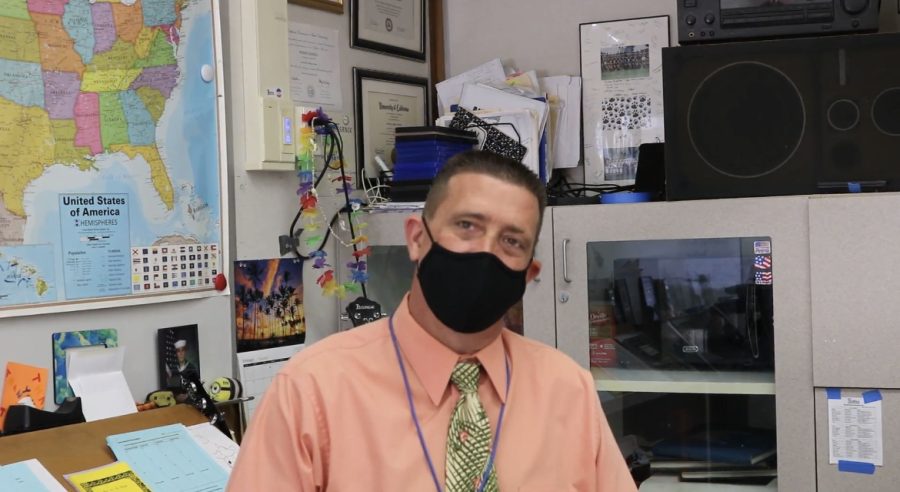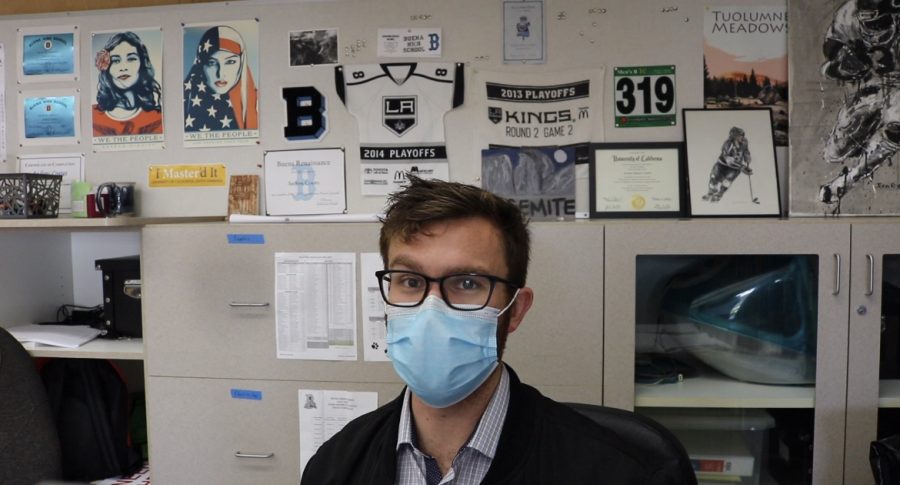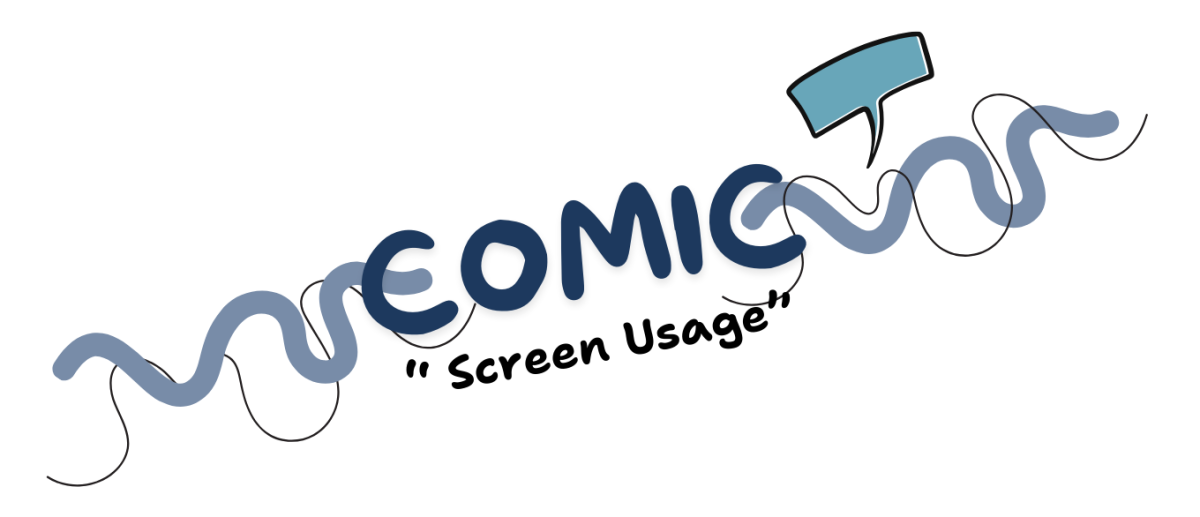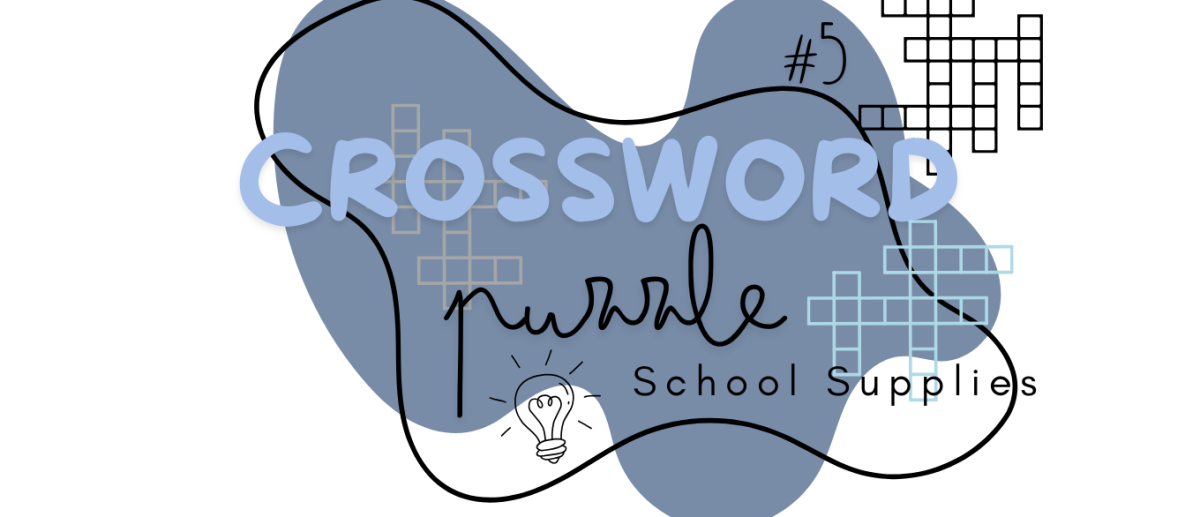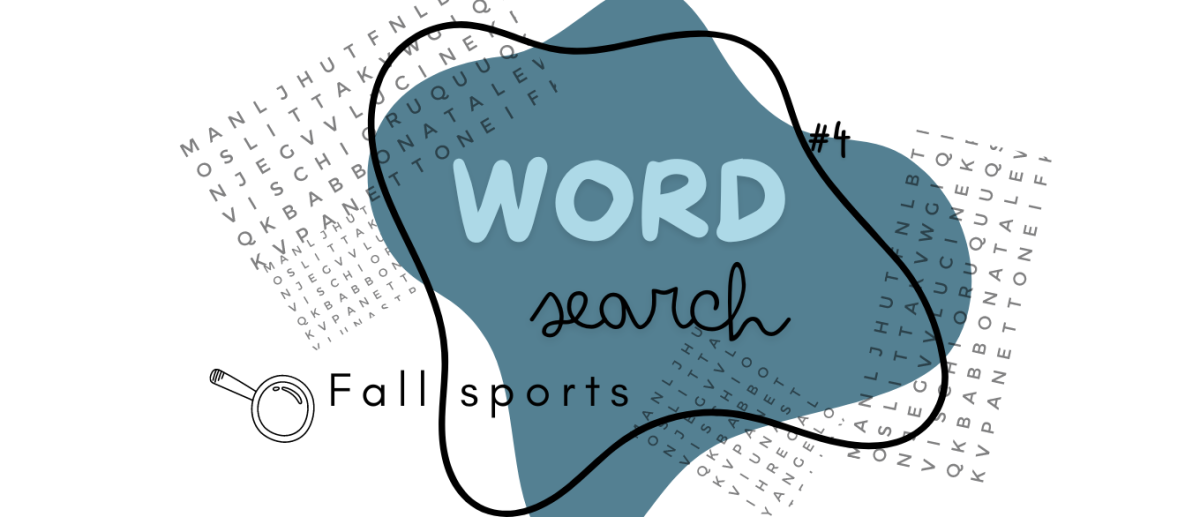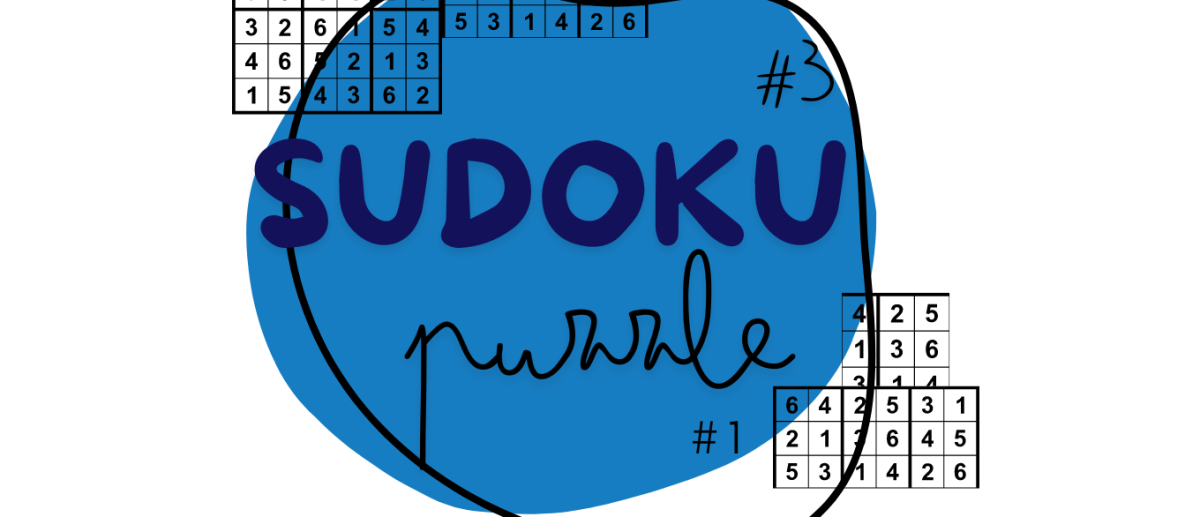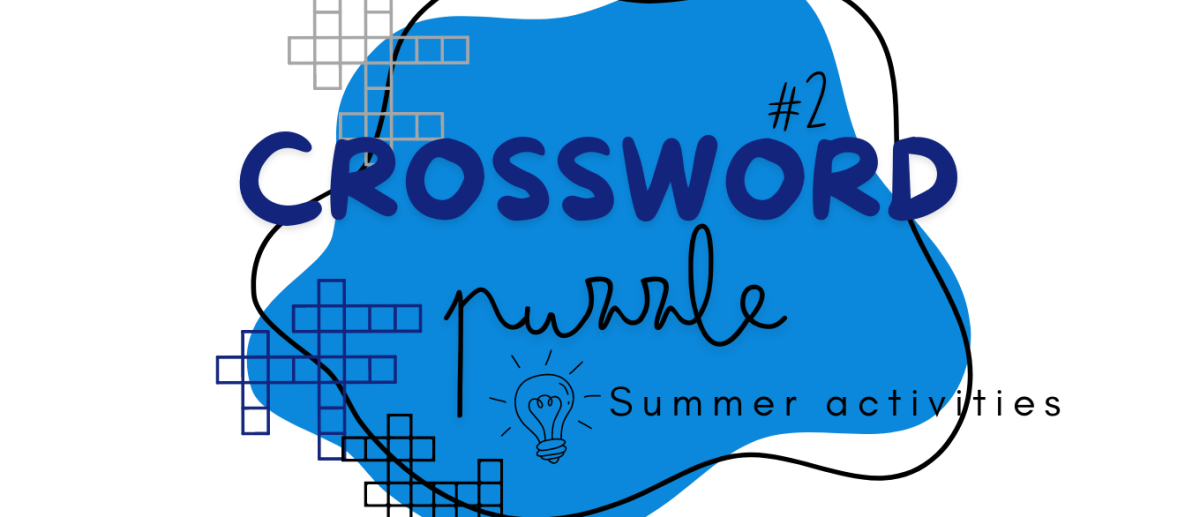A journey through depression
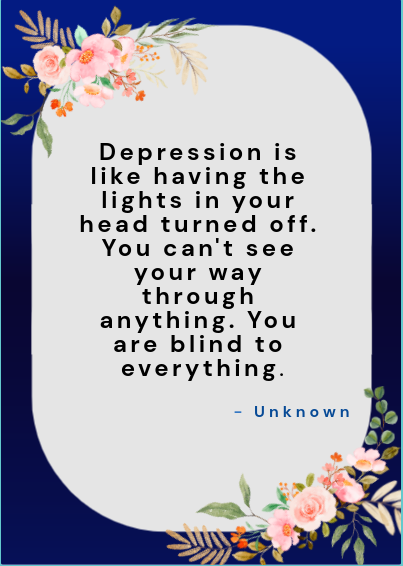
April 27, 2023
Depression is a mood disorder that causes a persistent feeling of sadness and loss of interest.
These are just words though, depression is more than words it’s more than just being sad. Depression consumes you. It changes your general perspective and can impact your life in multiple ways.
The word itself is thrown around for the purpose of describing someone’s bad day, used as a personality trait, or used to make a joke. Although some may not care there ARE adolescents or other people who carry a strong opinion about the usage of the word depression. To them it’s not just a word, it’s not just a joke, it’s their life. You may never know how your words affect those around you. Be wary of the word’s usage, or simply do not use it as a joke.
There are two common ways people meet depression. For some it is genetic and for others it is circumstantial. It is common for some people to have a genetic chemical imbalance. Not enough of this “feel-good hormone” can trigger things like depression. For others, life tragedies or problems can cause one to develop depression. Either way, however one finds themselves fighting against depression, it is never their fault. No one is at fault, life will put you through many challenges but it is up to you to decide how hard you want to fight.
Regardless of how you came to face depression, it is never your fault. You did not ask to feel this way. 41.6% of teens struggling with depression seek help.
There are many signs and symptoms of depression. According to NIMH the most common are feelings of sadness, emptiness, or hopelessness. These feelings can severely impact one’s perspective on life. These emotional struggles can affect one physically. Depression can cause sleep disturbance, change in weight, and even a change in appetite. Other mental challenges you may face are feeling guilty or worthless, difficulty in decision making or concentration, and can even convince you that all movements are meaningless. Depression can take away the highs that you once had and in return give you angry outbursts, regular irritation, and frustration even over small things.
Depression is a thief.
The challenging side of depression for me comes at random. The highs are great and feel like a fresh breeze in a polluted world, but the lows feel suffocating and empty. Empty is a word that carries a strong meaning. Something that is empty; contains nothing, not occupied.
With depression my days are empty, they contain nothing. Nothing occupies my mind, I go through the day with pointless movements and recycled thoughts. How is an eleven year old supposed to understand why she feels overwhelmed with rage or explain why she feels like she is in an endless dark tunnel with no sense of direction?
My journey started when I was eleven. My actions were justified because I had a “quick temper,” “I hadn’t eaten,” or “it was all for attention.” I never was able to understand myself because my cries for help were dismissed. As I grew older, my symptoms could no longer be dismissed. Seeking help became necessary and I got to see the side of depression that not many people address. Through therapy, I got to know and explore the undiscovered parts of me.
It was brought to my attention that my actions weren’t uncommon, I was not as alone as I felt, that many adolescents struggle with similar feelings and emotions. The only walls that I had to overcome were the ones I built against myself, the ones that turned into cages. Acknowledging your struggles and looking depression in the face is only the beginning of a longer journey.
To me, the hardest parts against depression are the midnight struggles. There is no definite term or real meaning. If I could give it a meaning or definition, I would say it is the feeling you get when it’s late at night, when all is quiet and dark. The intrusive thoughts are able to flood in and consume your mind. This feeling will take any happiness you have in the current moment and crush it. It’s slow and terrifying. The hardest part is knowing it is creeping through every inch of your body. Helpless is an understatement. The silent pleads and screams do nothing. It burns through your body, crawls through your skin, invades your mind. It’s everywhere. It’s everything. It’s all of you.
A common thought for people who struggle with depression is, “It’s not fair” or “what did I do to deserve to feel like this?”. In all honesty, they are right. It is not fair for someone to lose passion and happiness because of something they cannot control. Regardless of the unfairness, there is no reason to let depression take over your life. Although it may be difficult, look around, there are people and/or ways to help. There is always a solution, it is up to you to take the first step.
As mental health becomes more apparent in today’s society, things like seeing a therapist or taking prescribed medications is becoming a norm. Although you may not know it, people in your everyday life may see a therapist. People like teachers, friends, coworkers, and even family members.
Being open minded about seeing a therapist is one of the healthiest decisions you can make for yourself. With the help of a therapist you can navigate your way through life’s challenges. You may discover new methods that help you with daily struggles, a therapist can also show you a different perspective in a difficult situation.
Prescribed medication is not for everyone, but for those who are willing and able, medication is a possible solution. Guaranteed, it won’t solve all dilemmas, but it will help to eliminate some of the “darkness”. Talking to a guardian about meeting a psychiatrist may be the solution for you. Prescribed medications are not for everyone, but for those that are willing and able to take medication, should not feel guilty or embarrassed. Finding the solution that works for you should not be something to be ashamed of.
Solutions that are commonly recommended by professionals and physicians do not work for everyone, this does not mean you should not try them. They may reduce symptoms or provide some sense of relief. An important solution to try is having a set routine. This includes a good diet, a set sleep schedule, and staying active. It is also recommended to never withdraw from society. Although it can be easy to keep yourself in a room and sink in your bed, being alone with only your thoughts can lead to worsening depressive symptoms.
The saying, “it’s okay to not be okay” can be hard to come to terms with. Admitting that you are not okay is difficult in so many ways. At times you may feel embarrassed, ashamed, or afraid, any feelings that surface are all valid. Although at times it may seem like you are alone or lost in emotions, know you are never alone. Depression is not just a feeling or an emotional state, it is a journey.






















